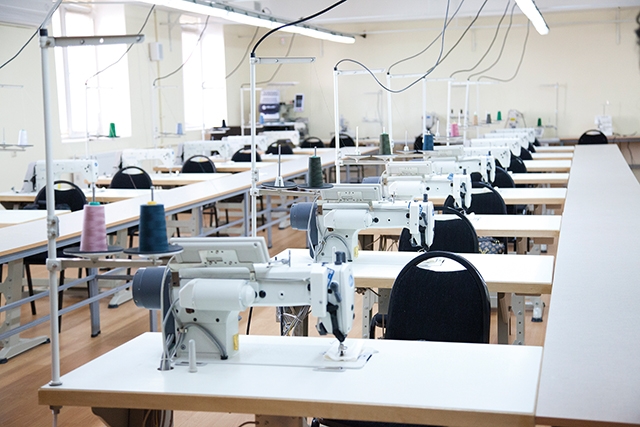Job Market Intricacies in Georgia
Op-Ed
The labor market is not a physical marketplace but an imaginary part of our existence where a state or a business owner looks for a worker and those who want to work search for jobs. There is huge competition in that market, where an everlasting interplay between different labor forces is rampant at all times. This happens within the macro-world of economy, where the process of seeking employment determines if the fruits of the employer-employee interaction help the standard of living, or vice versa, damages it.
One of the most noticeable factors effecting the operational excellence of a job market is the overall wage and salary level, as well as the number of available jobs, which on its own depends on labor demand and supply, varying from sector to sector of a given country’s economy. The stronger the employment opportunities, the higher the chance of good life in reality, including in Georgia.
As a rule, employers generate demand on labor force, and Georgia is ok in this respect, as there is no lack of employers here who want to fill vacancies, eager for productive minds and hands. It is also true that employees provide supply. Sadly, this part of the labor market in Georgia is paradoxically dire: there is a considerable demand for labor, and the supply is excessive, but the available labor force is not qualified enough, or not qualified at all, to fill the current openings with potential winsome results.
This fact takes us in a totally different direction, called the realm of education, which happens to be a major part of any economy: no education means zero qualification and the absence of qualification is equal to unemployment, which consequently creates crisis in a job market, and the labor market collapse reflects on the quality of life, which is the bottom-line of any economic effort. Here, the happiest development would be unison between the demand for jobs and the compatible supply of labor. There are countries in the world that are good enough to have that happy junction in place, but Georgia is not yet among them. On the other hand, it clearly feels that the labor market of this nation is gradually acquiring the sense to choose the hands qualified enough to do this or that job well. In other words, in the now capitalist Georgia, businesses and even the State give preference to skill and knowledge rather than to friendships and relations, as it used to work in our socialist economy, saturated with communist ideology.
Another question is how healthy Georgia’s economy is to create enough jobs to employ the men and women fit and available to work. According to obtainable and hopefully truthful stats, the picture is not delightful, and we know it: the country’s economy needs tons of reforms and even more capital investment, saying nothing about skilled labor force and fresh ideas. The evaluation of a job market starts with its size. In Georgia, there are more than two million people who can work and produce if given a chance, but their employment rate is not very high, so the biggest challenge for our decision-makers is the reduction of unemployment. The experts insist that the augmentation and diversification of the private sector will remedy this, but this may well be hampered by the asymmetrical market, the mobility of the labor force, low productivity and the insufficient qualification of work-hungry wannabes.
There is one more characteristic feature of the Georgian labor market that attracts attention: with almost 13% of unemployment, many people get frustrated as a result of unsuccessful job search and give up on further attempts to find desirable employment, which might be conducive to imminent social degradation. And this is not only unattractive but extremely dangerous for society. On top of all that, ours is a country of an underdeveloped labor culture, within which the average net salary is only several hundred dollars. Of course, there can’t be an overnight breakthrough in this part of our job market, but the light at the end of the tunnel is probably starting to twinkle.
By Nugzar B. Ruhadze
Image source: ge.undp.org/Daro Sulakauri/UNDP











